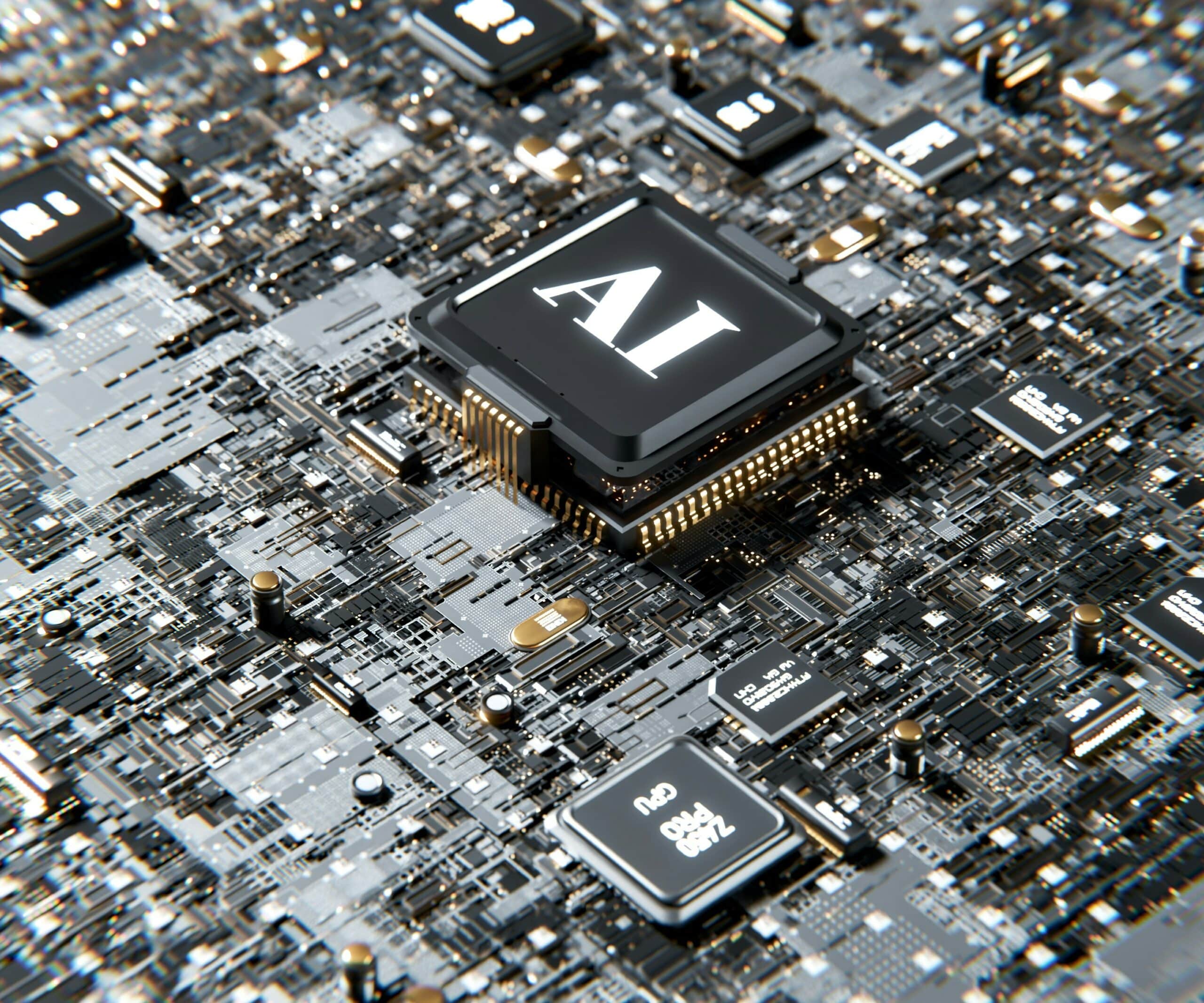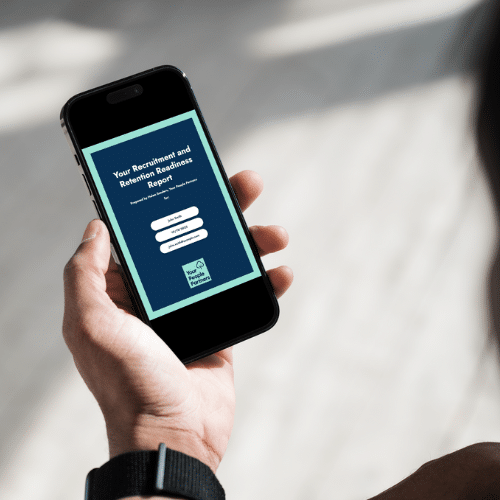Introduction
The recruitment industry has always been at the forefront of technological advancements, constantly evolving and adapting to the changing landscape. Today, we stand on the brink of a new era in recruitment – a recruitment revolution, if you will. This revolution is being driven by Artificial Intelligence (AI), which is transforming the way companies find and hire talent.
AI in Recruitment: A Game Changer
Artificial Intelligence has become a game-changer in many industries, and recruitment is no exception. By automating repetitive tasks, providing insightful data analysis, and improving candidate experience, AI is reshaping the recruitment process.
One of the most significant impacts of AI on recruitment has been its ability to automate repetitive tasks. Screening CVs, scheduling interviews, and responding to candidate queries are time-consuming tasks that can now be automated using AI. This not only saves time but also reduces human error.
AI-powered tools can analyze vast amounts of data quickly and accurately. They can identify patterns and trends that humans might miss, helping recruiters make more informed decisions. For example, an AI tool could analyze a candidate’s social media profiles to gain insights into their personality traits or work ethic.
Furthermore, AI can improve the candidate experience by providing personalized communication and instant feedback. Candidates often complain about the lack of communication during the hiring process. With AI-powered chatbots, candidates can get real-time updates on their application status or answers to their queries.
The Role of AI in Candidate Sourcing
Candidate sourcing is another area where AI is making a significant impact. Traditional methods of sourcing candidates are often time-consuming and inefficient. However, with AI-powered tools like predictive analytics and machine learning algorithms, recruiters can now find qualified candidates more quickly and accurately.
Predictive analytics uses historical data to predict future outcomes. In recruitment terms, it could mean predicting which candidates are most likely to succeed in a particular role based on their past performance. Machine learning algorithms, on the other hand, can learn from past hiring decisions to improve future ones.
For example, if a company has had success hiring candidates with certain skills or experiences in the past, the algorithm will prioritize similar candidates in the future. This not only streamlines the sourcing process but also increases the chances of finding the right fit for a role.
AI and Bias in Recruitment
One of the biggest challenges in recruitment is unconscious bias. Despite best efforts, recruiters can sometimes make decisions based on personal biases rather than objective criteria. This not only leads to unfair hiring practices but can also result in a lack of diversity in the workplace.
AI has the potential to reduce bias in recruitment by providing objective data analysis. By analyzing candidate data without personal biases, AI-powered tools can help ensure that hiring decisions are based solely on merit.
However, it’s important to note that AI is not immune to bias. If an AI tool is trained on biased data, because it is learning from humans. This inevitably will produce biased results. Therefore, it’s crucial to use unbiased data when training AI tools and regularly audit them for fairness.
The Future of Recruitment: A Revolution Led by AI
The recruitment revolution is here, and it’s being led by AI. With its ability to automate tasks, analyze data, improve candidate experience and reduce bias, AI is transforming recruitment as we know it.
However, despite its many benefits, AI is not a magic solution that will solve all recruitment challenges overnight. It’s a tool that should be used alongside human judgment and intuition rather than replacing them.
Recruiters still play a crucial role in interpreting data and making final hiring decisions. After all, while AI can analyze data and identify patterns, it lacks human qualities like empathy and emotional intelligence which are essential in recruitment.
In conclusion, as we embrace this recruitment revolution powered by AI technology, let us remember that successful recruitment still requires a human touch. The future of recruitment lies in a balanced approach that combines the best of AI technology with human intuition and judgment.
If you value specialist small business recruiters and human beings, let’s have a call. AI cannot replace that human touch!









